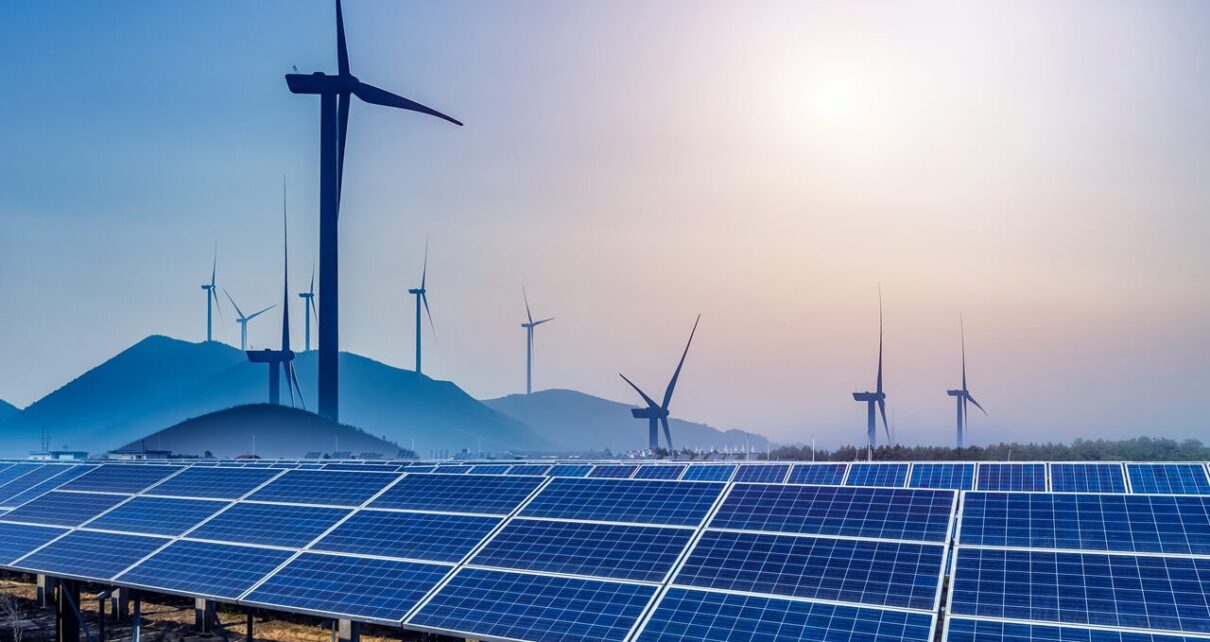Solar energy is often heralded as a clean, green source of electricity that has the potential to significantly reduce global carbon emissions. However, as with any energy source, it is vital to examine the full spectrum of environmental impacts it presents. In regions such as South Africa, where solar suppliers are increasingly prominent due to the ample sunshine available, the industry’s environmental footprint is a subject of keen interest. This in-depth analysis delivers insights into the realities of solar energy’s environmental implications.
Introduction
With the growing urgency to combat climate change, many countries, including South Africa, are turning to renewable energy sources like solar power. Solar suppliers in South Africa have seen a surge in demand due to the country’s abundant sunlight and commitment to reducing reliance on fossil fuels. While solar energy is certainly more sustainable than coal or oil, it is not without its environmental costs. To fully harness its potential, we must understand these costs and work towards minimizing them.
Production and Manufacturing Impacts
The production of solar panels involves extracting and processing raw materials, manufacturing components, and assembling the final product. These processes consume significant amounts of water and energy and produce waste and emissions, albeit considerably less than traditional energy sources. Reducing these impacts requires solar suppliers, particularly those in South Africa’s burgeoning solar market, to invest in cleaner manufacturing technologies and recycling approaches.
Land Use Considerations
Large-scale solar farms necessitate significant land clearance, which can result in habitat loss for wildlife and changes to local ecosystems. The site selection process must prioritize already-disturbed lands and avoid ecologically sensitive areas to minimize these impacts. Solar suppliers in South Africa and elsewhere are increasingly engaging in dual-use practices, such as agrivoltaics, where solar installations coexist with agriculture, substantially reducing land use conflicts.
Water Usage
Cleaning solar panels to maintain their efficiency can consume substantial water resources, an important consideration in South Africa, where water scarcity is a growing concern. Exploring alternative cleaning methods, like dry cleaning technologies or the development of self-cleaning solar panels, could help alleviate these pressures.
End-of-Life Management
As solar technology continues to advance, older solar panels become obsolete, leading to a growing need for effective recycling systems. This challenge is particularly pressing for solar suppliers in South Africa as the industry expands. Establishing comprehensive recycling programs is essential to prevent panels from ending up in landfills, where toxic materials could leach into the soil and water.
Energy Payback Time (EPBT)
The energy payback time — the period a solar panel needs to generate the equivalent amount of energy used in its production — has garnered attention. With technological advancements, modern solar panels have an EPBT of a few years, after which they produce net clean energy for the remainder of their lifespan, typically around 25 to 30 years.
CO2 Emissions and Air Quality
Solar panels produce electricity without emitting carbon dioxide (CO2) or other greenhouse gases, leading to a significant reduction in air pollution and carbon emissions compared to fossil fuel-based power. As solar suppliers in South Africa increase their market presence, the nation’s carbon footprint will conceivably decrease, contributing to improved air quality and a slower rate of climate change.
Biodiversity and Ecosystem Preservation
Responsible deployment of solar technology necessitates comprehensive environmental impact assessments to preserve biodiversity. In regions like South Africa that are rich in biodiversity, solar suppliers must focus on deploying panels in areas that have already been disturbed or on buildings to minimize effects on natural habitats.
Local and Global Climate Effects
By reducing greenhouse gas emissions, solar energy has a positive effect on global climate change mitigation efforts. However, large arrays of solar panels can also influence local microclimates through changes in land surface properties. The net climate benefits far outweigh these potential local effects, which can typically be mitigated through careful planning and landscaping.
Material Usage and Toxicity
The materials used in making solar panels, such as cadmium and lead, can be toxic if not properly handled at the end of a solar panel’s life. Advancements in solar technology and better end-of-life management protocols are critical to managing these risks, and solar suppliers in South Africa must commit to upholding the highest environmental standards.
Economic and Social Factors
New jobs created by the rapidly growing solar sector can have positive socio-economic impacts, boosting local economies and reducing poverty levels. Moreover, the decentralized nature of solar power offers the potential for energy independence in remote and underdeveloped areas, improving the quality of life for communities.
Conclusion
The environmental impacts of solar energy are multidimensional and complex, yet when compared with those of fossil fuels, they are significantly smaller. Through responsible production, waste management, and careful consideration of biodiversity impacts, the potential negative effects of solar energy can be further mitigated. Solar suppliers in South Africa play a critical role in this process, standing at the forefront of the transition to a greener energy future.
As solar energy continues to grow in popularity, it is essential to maintain a balance between harnessing the sun’s power and preserving the natural world. The ultimate goal is to create a sustainable energy system that not only reduces greenhouse gas emissions and curbs climate change but also protects and respects the delicate ecosystems upon which all life depends.





